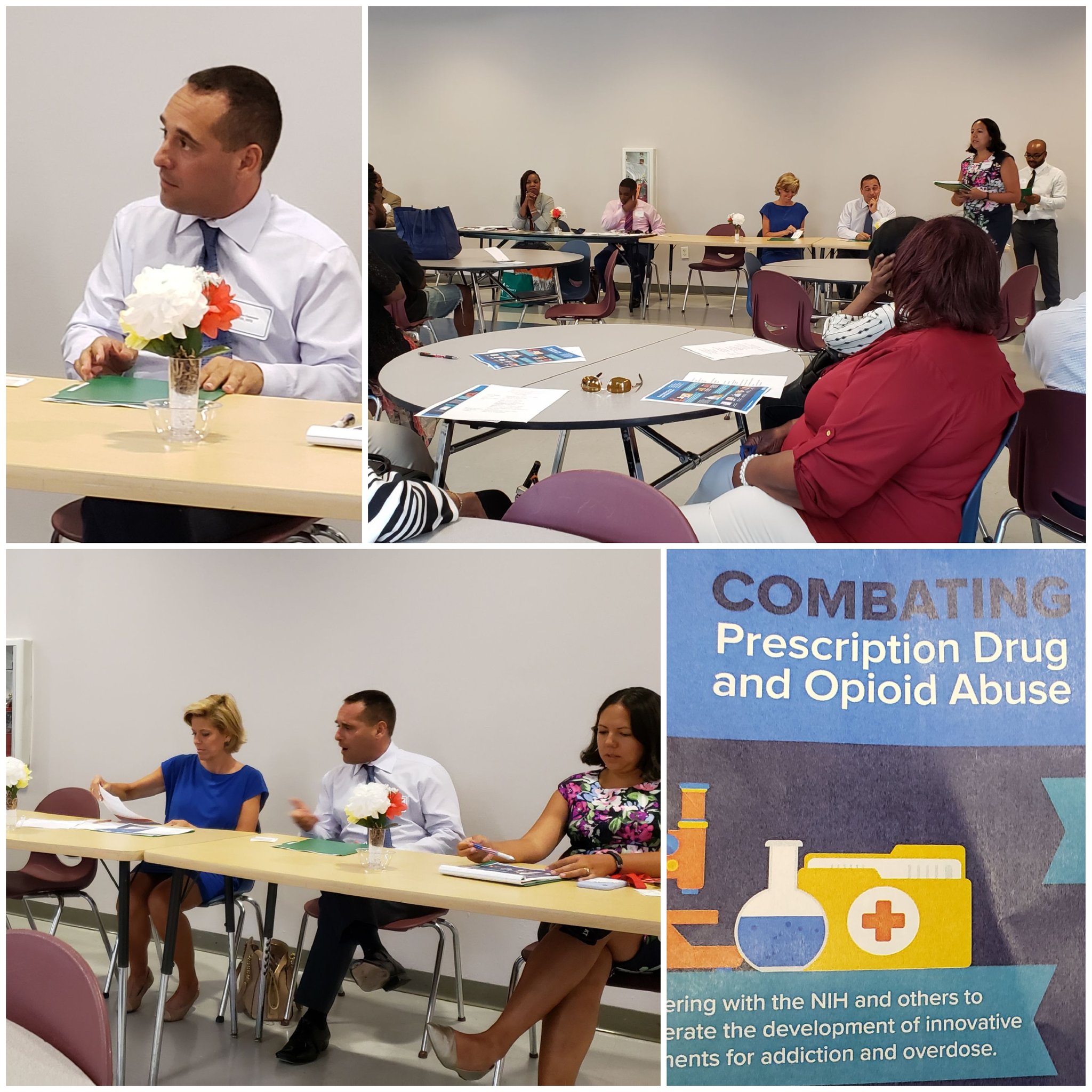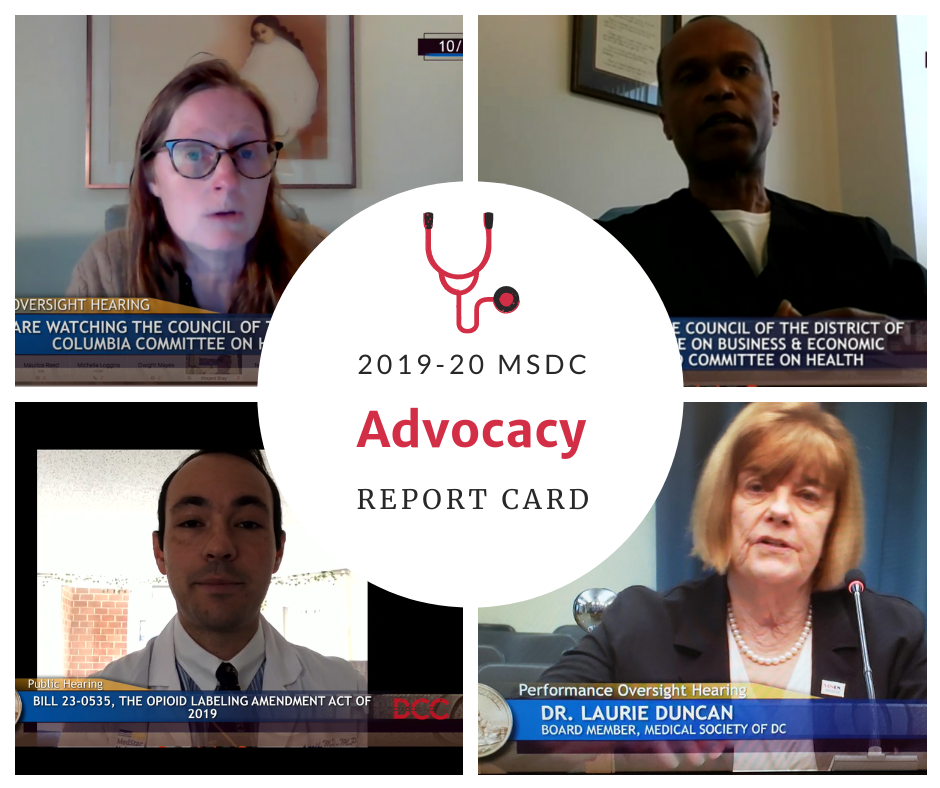Opioid Policies

Much like the rest of the United States, residents of the District of Columbia are struggling with substance use disorder (SUD) rate increases and high rates of opioid-related deaths. Unfortunately, these are multi-faceted issues that require year-long initiatives and systematic programs to address the myriad causes of addiction.
MSDC stands as a partner to the District government and private entities to help arrest the rates of opioid and substance abuse in the District. Through our advocacy for better prescribing practices, education on addiction, and even helping our own community through our Physician Health Program, MSDC is working to make DC a leader in reducing SUD, OUD, and addiction.
On a related note, MSDC is passionate about helping patients make prescriptions and medication more affordable. Whether expanding access to biosimilars or advocating for more affordable co-pays, MSDC wants to help our patients afford the medications they need.
MSDC Statement and Testimony on Opioid and Prescription Issues
25th Council information coming soon
MSDC Announces 23rd Council Period Report Card

As MSDC prepares for 2021 and a new Council period, the Society is pleased to share a "report card" on its advocacy activities for the 23rd District Council period (2019-2020).
The two-year period that just ended saw a surge of physician advocacy on important medical issues. COVID-related advocacy dominated the second half of the session, but numerous issues saw physicians testifying and MSDC staff working with lawmakers to protect practices and patients. The past Council session also saw MSDC's new issue priority ranking, policy agenda, and advocacy website.
In addition to encouraging physicians to testify directly to lawmakers, MSDC partnered with other healthcare associations and entities to pass legislation to make the District the best place to practice medicine.
You can see a brief summary of the advocacy report card here and the full report card here, but some areas of success of the physician community include:
- Permitting reimbursement for audio-only telemedicine
- Allowing for patients to receive FDA approved biosimilar drugs
- Prohibiting retribution from employers for physicians practicing reproductive health medicine
- Expanding insurance coverage requirements for newborns, parents, and pregnant women
- Limiting out-of-pocket costs of insulin for patients
- Defeating three different content-specific CME requirements
In addition to working on issue-specific legislation, MSDC members and leaders testified on the following issues:
- Protecting independent practices in underserved medical areas
- Providing support for independent physician practices during COVID-19
- Promoting physician wellbeing and addiction programs, and not unduly punishing physicians suffering from burnout or addiction
In 2021, MSDC will unveil an expanded, engaging advocacy program that will assist physicians in advocating on issues important to them, as well as equipping them to speak out on these issues. Keep an eye on our website for more information.
Sample of Legislation MSDC Tracked on Opioid and Prescription Policy
What does it do? The bill authorizes licensed pahrmacists to dispense interchangeable biological products and requires notifications to physicians when such interchangeables are dispensed.
MSDC position: MSDC has a position of priority support on this legislation, identifying its passage as one of its highest legislative priorities.
Current status: SUCCESS. The bill was passed by the Council and signed by the Mayor.
What does it do? The bill requires prescription opioid medications to include a statement that the drug is an opioid and opioids may cause dependence, addiction, or overdoes.
MSDC position: MSDC supports the legislation.
Current status: The bill had a hearing before the Committee on Health on July 29, 2020. MSDC leader Dr. Sam Kareff testified for the Medical Society. It passed the Council on November 10 and was signed by the Mayor December 7.
What does it do? The bill prohibits insurance companies from factoring the use of PreP in decisions related to disability, life, or long-term care policies.
MSDC position: MSDC supports this legislation
Current status: The bill was introduced on January 8, 2019 and assigned to the Committee on Business and Economic Development.

Leave a comment